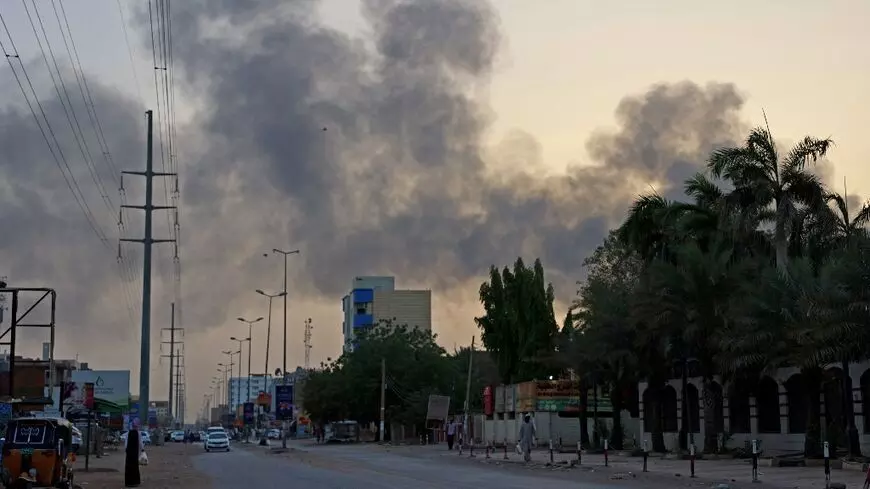
Clashes escalate in Sudan, death toll hits 97
text_fieldsKhartoum: At least 100 people have been killed as clashes continued to escalate in the Sudanese capital on Monday between the regular army and paramilitaries.
The violence erupted Saturday after weeks of power struggles between Sudan’s army loyal to Gen Abdel Fattah Al-Burhan, the head of Sudan’s transitional governing Sovereign Council and his deputy, Mohamed Hamdan Daglo, who commands the powerful paramilitary Rapid Support Forces (RSF).
Loud gunfire and deafening explosions echoed across the streets of Khartoum Monday morning, according to AFP journalists.
“The death toll among civilians in clashes since it began on Saturday ... has reached 97,” the doctors’ union said in a statement early Monday, noting the figure does not include all casualties as many could not reach hospitals due to difficulties in movement. It said hundreds of civilians were wounded in the clashes.
It is the first such outbreak of fighting after both groups joined forces to oust the veteran Islamist autocrat Omar al-Bashir in 2019.
The violence erupted after a disagreement over the integration of the RSF into the military as part of a transition towards civilian rule to end the political-economic crisis sparked by a military coup in 2021.
The clashes could likely plunge the country into deeper chaos, dashing hopes for a return to civilian rule. The international community has condemned the violence and has appealed for an immediate cease-fire and dialogue. However, the two generals appeared in no mood for talks.
While the two sides have traded blame over who started the fighting, their claims could not be independently verified.
Fighting also raged in other parts of Sudan including the western Darfur region and in the eastern border state of Kassala.
After the killing of three staff from the World Food Programme in North Darfur on Saturday, the agency suspended all operations in the impoverished country.
The RSF was created under Bashir in 2013, emerging from the Janjaweed militia that his government unleashed against non-Arab ethnic minorities in Darfur a decade earlier, drawing accusations of war crimes.
Burhan, who rose through the ranks under the three-decade rule of now-jailed Bashir, has said the coup was “necessary” to include more factions in politics.






















